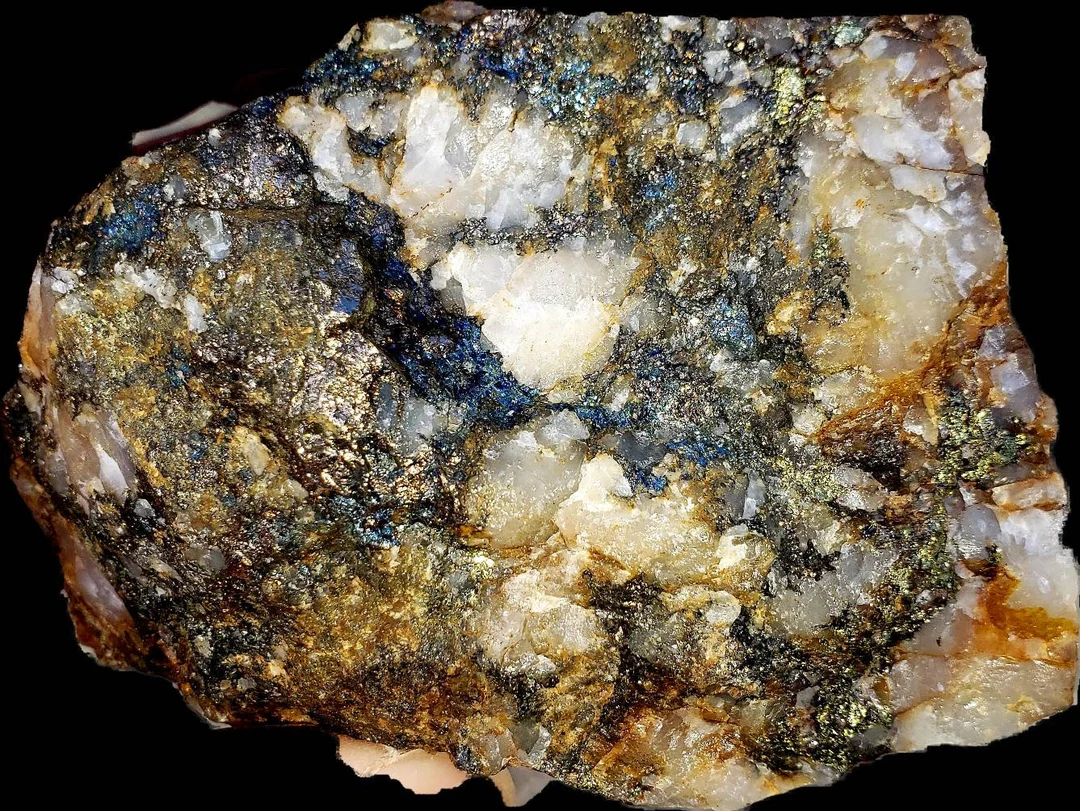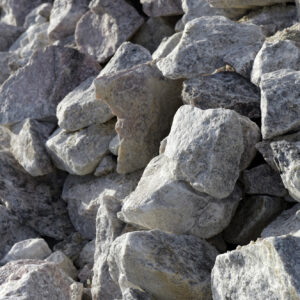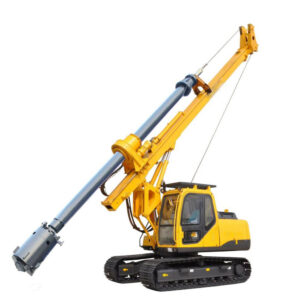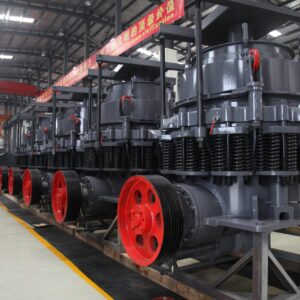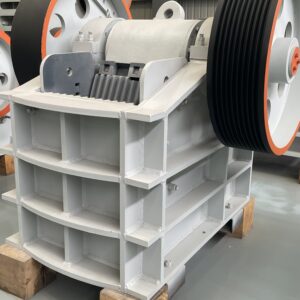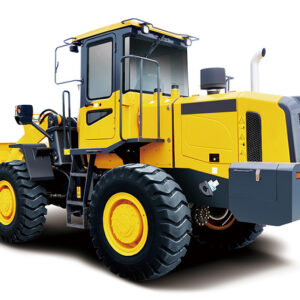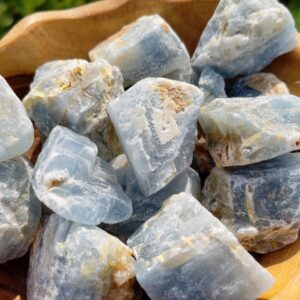Description
Process Description
1. Creative process, low operation cost
Cu-Pb mixed concentrate regrinding process saves the grinding cost without finely grinding all raw ore, and it makes further monomer dissociation to create favorable conditions for the separation of copper and lead.
2. Strengthen Flotation Process, Increasing Copper Concentrate Grade
In rough flotation, the reagent is carried out strictly to control the reagent amount, realizing early recovery as possible. Reduce multiple recycling and valueless loss. Make the best of foam secondary enrichment, and wash the concentrate foam to reduce the impurities in foams according to suitable water adding.
3. Copper-Lead Mixed Flotation Separation
In flotation stage, the copper-lead mixed concentrates should be priority separated. After regrinding, the lead concentrates and copper concentrates are separated by flotation and respectively dewatering.
4. Zinc Flotation Separation
After copper-lead mixed flotation and mixing the slurry, zinc concentrates are separated by flotation from tailings. After dewatering, the zinc concentrate product is required.
Introduction
A Cu-Pb-Zn (copper-lead-zinc) production line is utilized in mining operations to extract and process these valuable metals from ores. The extracted metals have numerous industrial and commercial applications. Here’s a detailed look at the uses of each metal and the production line’s overall utility:
Copper (Cu)
Uses of Copper:
- Electrical Industry:
- Wiring and Cables: Copper is highly conductive and used extensively in electrical wiring and cables.
- Electric Motors: Used in windings and other electrical components.
- Electronics: Essential in circuit boards, connectors, and semiconductor devices.
- Construction Industry:
- Plumbing: Copper pipes are used for water supply lines and heating systems.
- Roofing and Cladding: Used in building construction for roofing materials and exterior cladding due to its durability and corrosion resistance.
- Transportation:
- Automobiles: Copper is used in radiators, brakes, and bearings.
- Aerospace: Used in aircraft due to its strength and conductivity.
- Industrial Machinery:
- Heat Exchangers: Copper’s excellent thermal conductivity makes it ideal for heat exchangers.
- Industrial Equipment: Used in various machinery due to its mechanical properties.
- Consumer Products:
- Appliances: Used in household appliances like refrigerators, microwaves, and air conditioners.
- Coins: Many countries use copper in coinage.
Lead (Pb)
Uses of Lead:
- Batteries:
- Lead-Acid Batteries: Predominantly used in automotive batteries and backup power supplies.
- Radiation Shielding:
- Medical Applications: Lead is used in protective gear and equipment to shield against X-rays and radiation.
- Construction:
- Pipes and Soldering: Historically used in plumbing and soldering, though its use has decreased due to health concerns.
- Ammunition:
- Bullets and Shot: Used in the production of ammunition.
- Weights:
- Diving Weights: Used in diving belts and other applications requiring heavy, dense materials.
Zinc (Zn)
Uses of Zinc:
- Galvanization:
- Corrosion Protection: Zinc is used to coat steel and iron to prevent rusting in a process called galvanization.
- Alloys:
- Brass: An alloy of copper and zinc used in plumbing and musical instruments.
- Zinc-Aluminum Alloys: Used in die-casting for automotive and electronic components.
- Chemical Industry:
- Zinc Oxide: Used in rubber manufacturing, paints, and cosmetics.
- Zinc Sulfate: Used in agriculture as a fertilizer and animal feed additive.
- Batteries:
- Zinc-Carbon Batteries: Commonly used in household batteries.
- Zinc-Air Batteries: Used in hearing aids and other small devices.
- Construction:
- Roofing and Cladding: Used for roofing materials due to its corrosion resistance and durability.
